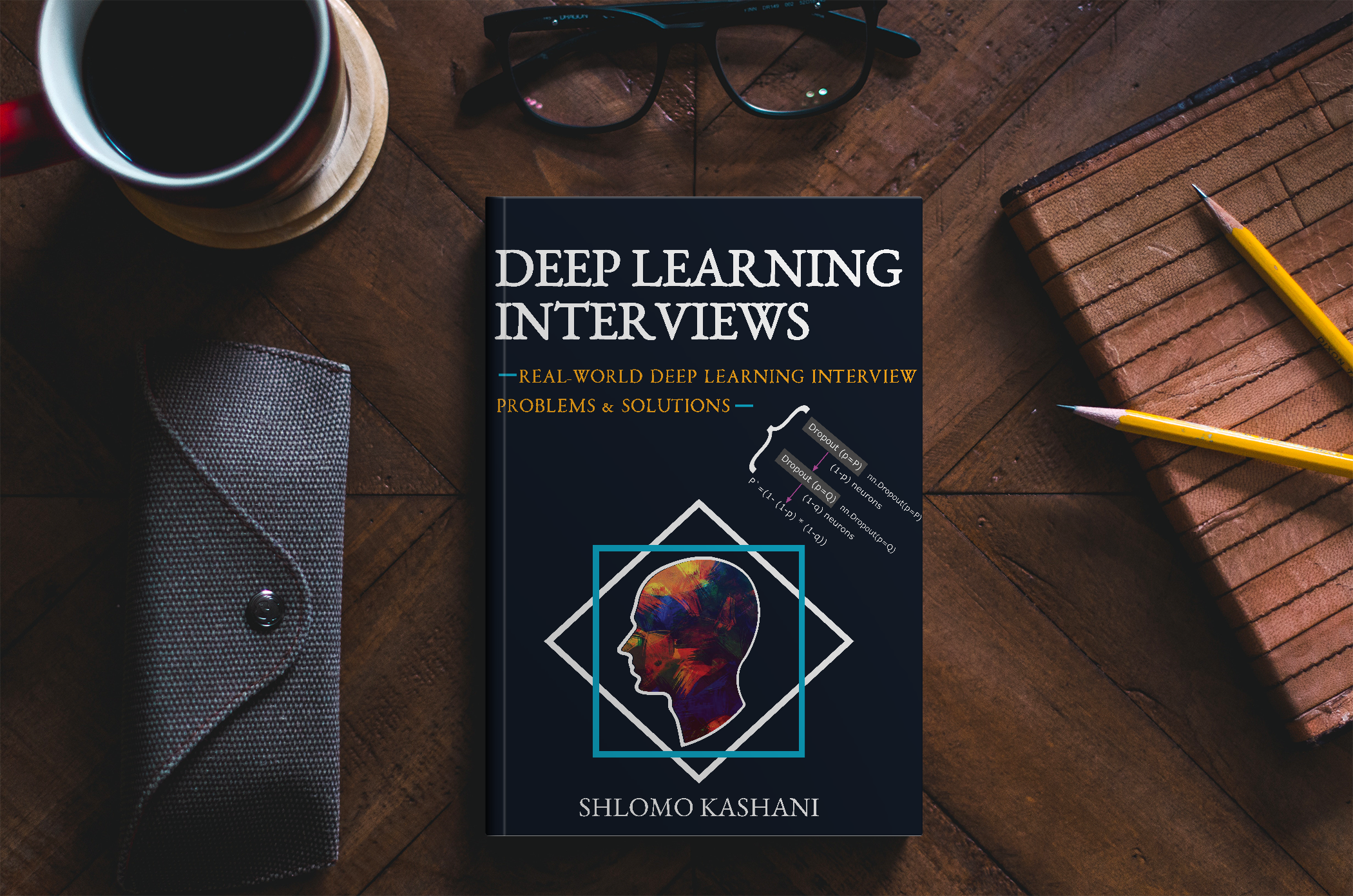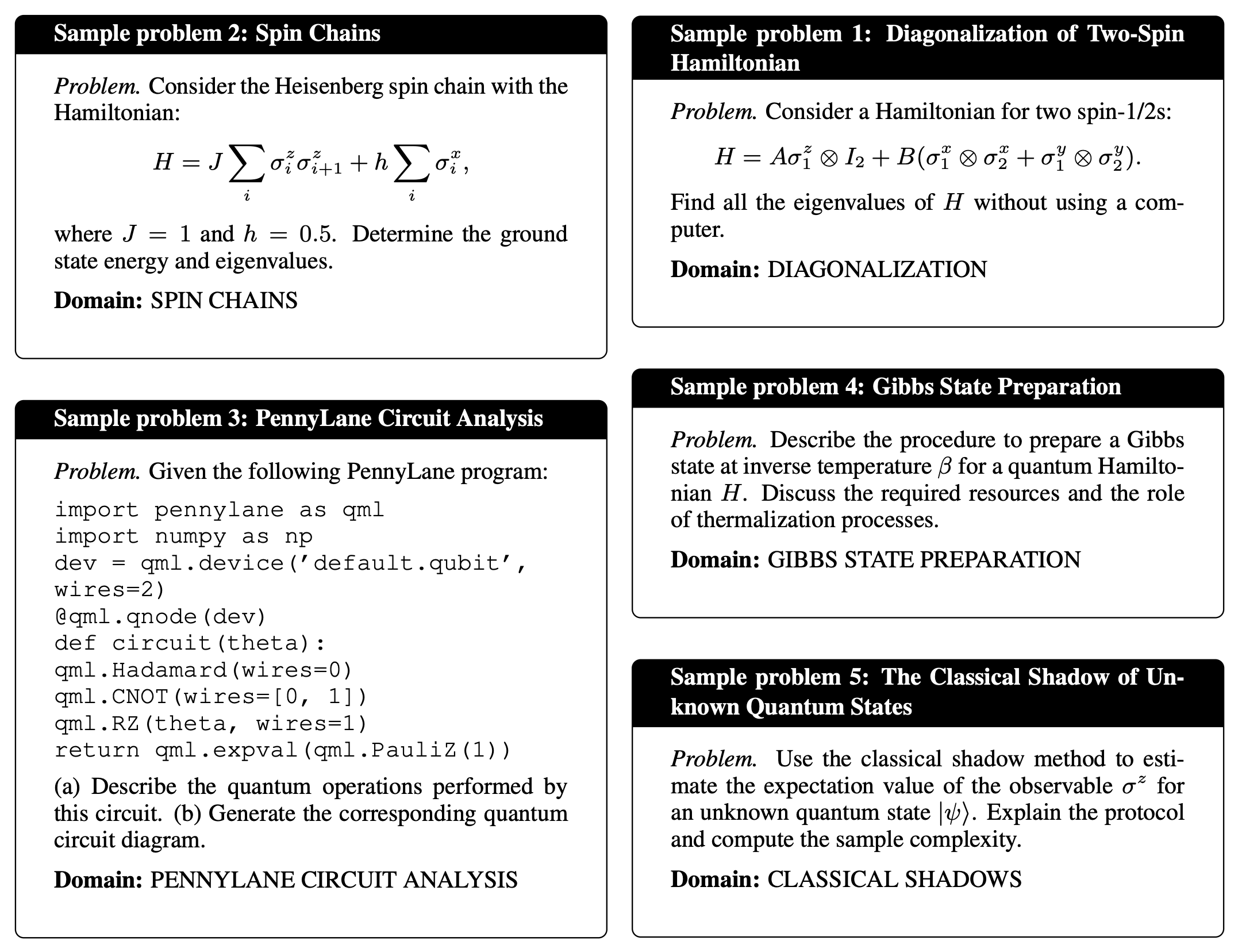Publications & Open Source
Research papers and open source projects in AI, quantum computing, and machine learning
Featured Research & Open Source

Deep Learning Interviews
Hundreds of Fully‑Solved Interview Questions
Essential reference for candidates and teams: curated questions and step‑by‑step solutions across ML theory, deep learning, systems, and practical engineering.

QuantumLLMInstruct
Cutting-Edge AI Research
QuantumLLMInstruct (QLMMI) is a pioneering dataset with over 500,000 curated problem-solution pairs for quantum computing, the largest of its kind. Built from over 90 seed domains and LLM-generated subdomains, it enhances instruction fine-tuning to improve LLM performance in quantum physics challenges.
Using a four-stage methodology, QLMMI covers areas like synthetic Hamiltonians, QASM code generation, and Trotter-Suzuki decompositions. It employs advanced reasoning techniques like Chain-of-Thought and Task-Oriented Reasoning, validated by a zero-shot Judge LLM for quality and reliability.

metalQwen3
High-Performance LLM Inference with Metal Shaders
metalQwen3 is a GPU‑accelerated LLM inference stack using CUDA, Vulkan, and Metal Shaders for high‑throughput, low‑latency serving with custom kernels and memory optimizations.
vLLM‑5090
Docker for vLLM + OpenCode (RTX 5090)
OpenAI‑compatible local inference on vLLM with LMCache, tuned for RTX 5090, plus developer tooling and scripts for fast iteration.
batch-ocr
High‑Throughput PDF/Image OCR
Production pipeline for converting PDFs and images to searchable text/JSON with parallel processing and robust retry/logging.
mlx-Quantum
Quantum Framework for Apple Silicon
Efficient quantum circuit simulation and QML on Apple’s MLX, optimized for Apple Silicon with hybrid quantum‑classical workflows.

QonFusion
Quantum Approaches to Gaussian Random Variables
QonFusion presents a novel strategy for generating Gaussian random variables using non-parametric quantum circuits, offering an alternative to traditional pseudorandom number generators. The research integrates Quantum Random Number Generators (QRNGs) into classical diffusion models.
This work demonstrates applications in Stable Diffusion and Brownian Motion, bridging quantum computing with classical machine learning through PyTorch integration.

Teaching Quantum Entanglement with Julia
Pedagogical Framework for Quantum Computing Education
This educational research explores the use of the Yao.jl quantum computing framework, written in Julia, for teaching quantum entanglement concepts to graduate students. The work provides a comprehensive pedagogical approach to understanding quantum entanglement.
The framework demonstrates how modern programming languages can make complex quantum concepts more accessible to students and researchers.

Quantum Fourier Transform for Music
QFT-Based Note Detection Algorithm
This innovative research applies quantum computing principles to music processing by developing a note detection algorithm based on the Quantum Fourier Transform (QFT). The work demonstrates the potential of quantum algorithms in signal processing applications.
The algorithm showcases how quantum methods can be applied to real-world audio processing tasks, bridging quantum computing with practical multimedia applications.

Pulmonary Nodule Detection
Ensemble Deep Learning for Medical Imaging
This medical AI research presents a sophisticated ensemble approach for detecting pulmonary nodules in medical imaging, combining the strengths of 3D SE-ResNet18 and DPN68 deep learning architectures for early lung cancer detection.
The work demonstrates state-of-the-art performance in medical image analysis, contributing to improved diagnostic accuracy in clinical settings.
Collaborate with Us
Interested in collaboration, research partnerships, or consulting on cutting-edge AI and quantum computing projects?